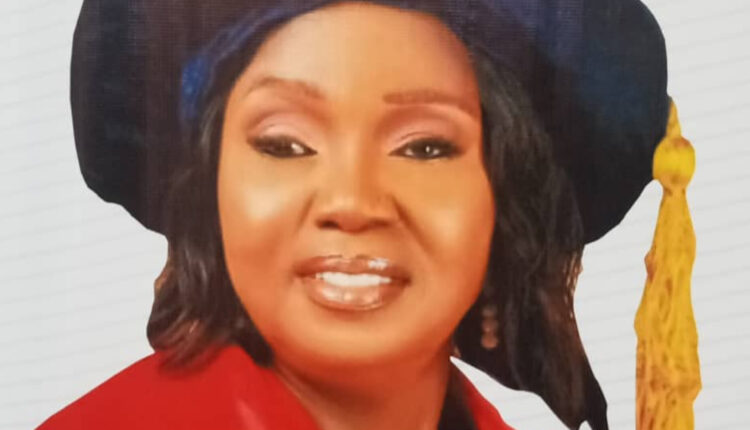Maternal Mortality: Professor Calls for Dialogue, Compassion to Save Expectant Mothers
By Friday Idachaba, Lokoja
The lecture hall at Federal University Lokoja fell silent as Prof. Sarah Dauda Yani spoke, not with statistics alone, but with a sense of alarm that pierced through the academic setting. The Professor of Library and Information Science wasn’t merely presenting research; she was sounding an emergency siren on behalf of Nigeria’s mothers.
In her 31st Inaugural Lecture, “Helping Expectant Mothers Make Sense of Antenatal Information and Drift Out of the Claws of Death,” Yani painted a sobering picture: Nigeria records 814 maternal deaths for every 100,000 live births—a figure so high it represents two-thirds of all maternal deaths worldwide, according to WHO, UNICEF, UNFPA, and World Bank data.

“These are not just numbers,” she said, her voice firm yet pleading. “They are women with names, families, and dreams—dreams that are cut short because crucial information never reached them, or was delivered in a way they could not understand.”
Yani argued that too often, antenatal information is handed down in technical jargon or foreign languages that alienate rather than empower. She urged that messages be broken into small, digestible pieces, spoken in local dialects, and exchanged through dialogue rather than lectures.
Healthcare workers, she warned, must do more than dispense advice—they must listen. “Ridiculing or dismissing expectant mothers deepens mistrust. We must meet them with patience, politeness, and kindness,” she said. Husbands, too, should be part of the conversation. Their presence at antenatal visits, Yani added, can strengthen decision-making and save lives.
Vice Chancellor Prof. Olayemi Akinwumi, in his welcome address, echoed her urgency. “Behind every statistic of maternal mortality lies a heartbreaking story: a young woman with hopes, a family waiting in expectation, a child who may never see daylight,” he said. “Our response must be to build systems where every woman can easily understand and act on the information that keeps her and her baby alive.”
As the lecture ended, the message lingered: Saving mothers is not just a medical duty. It is a community responsibility—a call for compassion, clarity, and collective action before another statistic becomes another tragedy.

